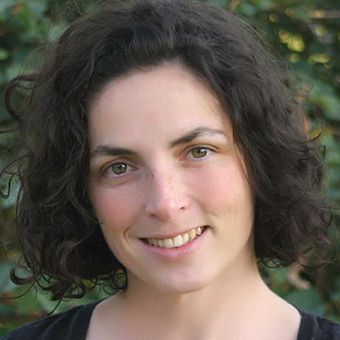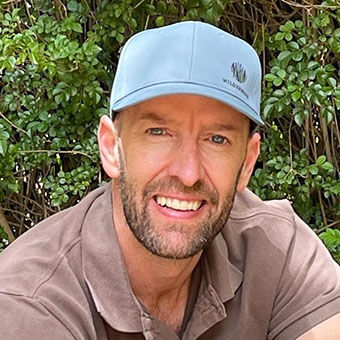Travelers the world over are increasingly seeking genuine and immersive experiences when they explore new destinations. More of them yearn to connect with local cultures, understand the local way of life and contribute to the communities they visit.
American travelers in particular are showing a growing desire to connect with local populations in a truly authentic manner; they want to go beyond superficial interactions and immerse themselves in the local way of life. This includes participating in cultural ceremonies, learning traditional crafts and understanding the challenges and triumphs of the communities they encounter.
This trend has paved the way for rural tourism and off-the-beaten-track adventures to flourish. Recognizing the potential in this new trend, the South African government recently launched the Basic Quality Verification (BVQ) program that aims to put rural villages, accommodations and experiences in the spotlight while at the same time ensuring travelers’ safety and security through a basic qualification framework.
The BVQ initiative offers training, expertise and resources to help establishments in the most rural corners of the country reach their full potential. The Tourism Grading Council of South Africa’s stamp of approval ensures that these establishments meet basic comfort-level standards of safety, cleanliness and customer experience.
South African deputy minister Fish Mahlalela launched the BVQ program at Indaba this month. After a successful pilot in the Eastern Cape, the program will be rolled out in KwaZulu Natal first and then in the rest of the country.
“This program helps small tourism establishments in under-resourced villages, towns and dorpies [small towns] reach their full potential by giving them access to training, expertise and resources as well as a valuable stamp of approval,” Mahlalela said. “Hotels, B&Bs, guesthouses and home stays tucked away in small towns deserve their time in the sun, and the BQV does just that.”
He explained that these small establishments offer authentic South African experiences, but travelers still want to know their basic comfort-level standards of safety, cleanliness and customer experience will be met. With this new verification, these establishments can offer their customer peace of mind while still offering them an authentic experience of South African culture and hospitality. BQV helps to ensure that a certain standard of safety, cleanliness and customer experience is guaranteed across the entire tourism value chain.
Referring to delegates at the Indaba travel show, Mahlalela said that the new BVQ program could give visitors access to the northern part of KwaZulu Natal, where they would get to know the “real South Africa” and get a true understanding of the region’s culture.
But are tourists ready for real authenticity?
The question arises, however, whether travelers are ready for real authenticity or whether they would they prefer a more polished and organized experience.
Elizabeth Gordon of Extraordinary Journeys said that while some travelers prefer organized tours and well-developed tourist destinations, there is a notable segment of American tourists who are willing to venture off the beaten track. These travelers seek unique experiences and are willing to explore remote areas, where they can discover hidden gems and encounter pristine natural environments. “I especially see an opportunity of younger clients,” she said.
Craig Glatthaar, Wilderness’ head of sales: Americas, explained that to some degree Covid has brought renewed interest in the more rural parts of Africa as people have come to realize we are all part of a single system and we are all interconnected in some way — we suffer and celebrate the same things, like the journey we all went through over the past few years.
According to Glatthaar, there is a desire to understand other cultures better, and in order to achieve this it often requires leaving one’s comfort zone. This invariably invites the average traveler to seek out more experiences that are off the beaten track. However, Glatthaar warns that off the beaten track doesn’t have to mean basic or “rough” travel; off the beaten track can be really remote experiences or visiting remote groups of people, accompanied by luxurious support structures in an ecotourism sense.
Said Glatthaar: “The opportunity lies in the authenticity of such an experience. ‘Authentic’ is an overused term, but it is an experience that is constantly sought after. To be truly authentic, one has to remain true to oneself, rural establishments by virtue of financial constraints are forced to remain true to themselves, and in so doing they often deliver a supremely authentic experience. Thus the opportunity for such establishments is ripe.”
Source: Read Full Article


